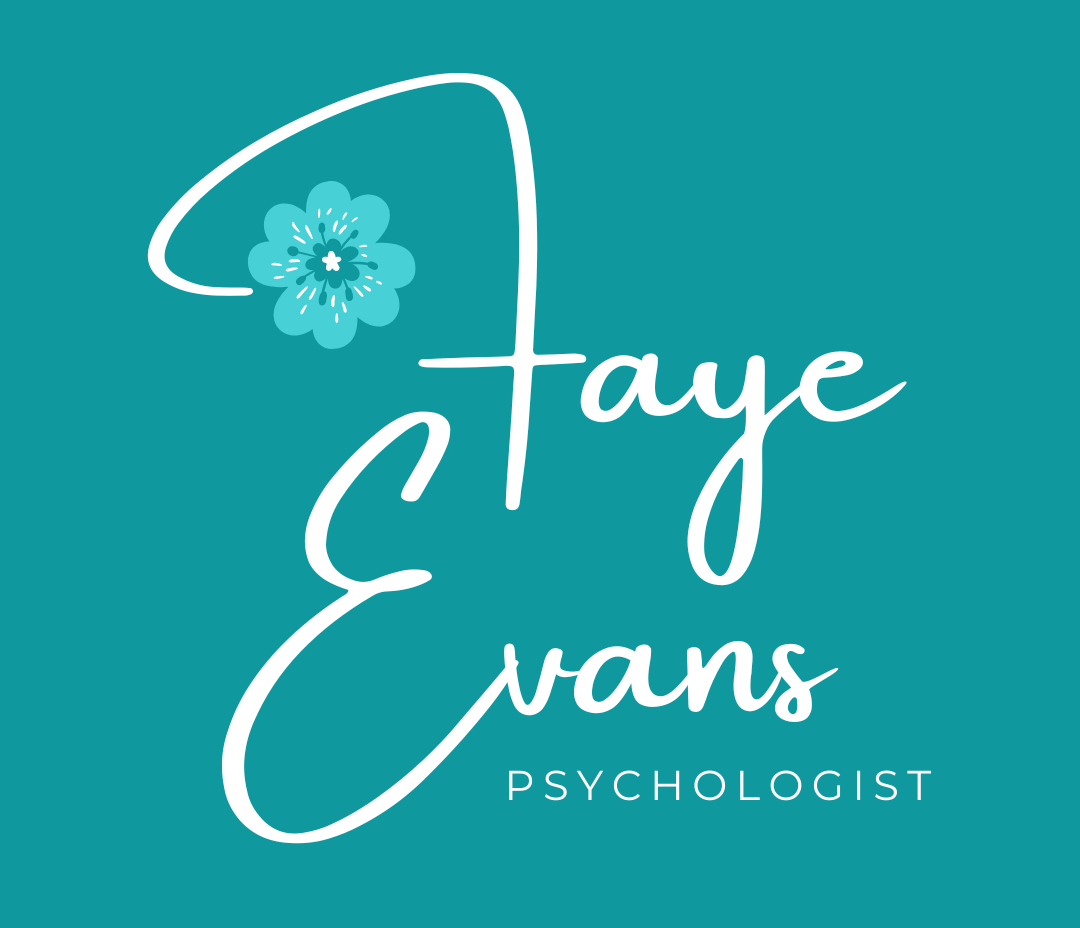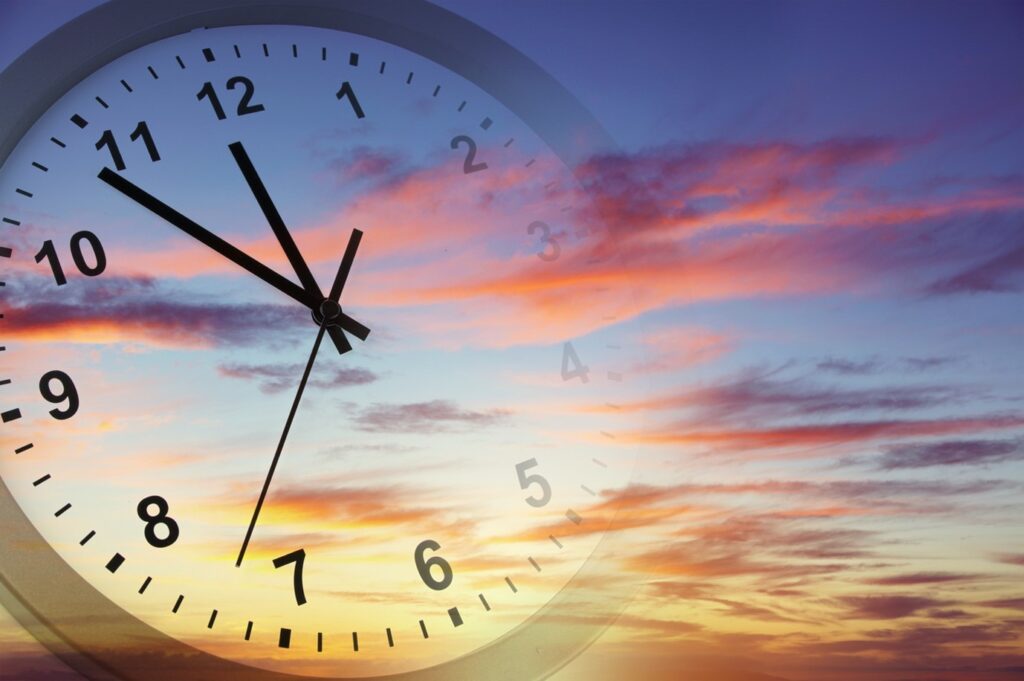I have observed that we all constantly worry and make “time” an issue that we even bring to therapy sessions. We either run out of time, have little time to accomplish something, or have an imaginary clock ticking over our heads that creates tension and stress.
I have pondered over my existence, and the meaning of time has played a critical role in whether I had to achieve a specific objective by a particular time or if I had to arrive at a particular destination by an exact time.
But, What is “time”? But a fleeting moment, which, in the immense scale of things, doesn’t have as much value as we attribute it. Time is a construction of men. Our current daily calendar began in 1582 when Pope Gregory XIII introduced the Gregorian calendar, and even then, there are still miscalculations with the solar year’s length. Still, it’s not my aim to discuss that here.
I wish to bring forth that time can be subjective, the idea of the ethereal sense of time, the feeling of the present moment and how we can experience it with all our senses. When we are in the now, problems are absent, we stand still, and we witness life unfold in its plenitude with no judgement. It is what it is; it shifts from unconscious to conscious awareness, and suddenly in the present moment, when you give attention to what you do, you become whole.
Time can also be experienced as an objective that determines the actions in our life and helps us to be punctual and respectful of others. It allows space for practical living and achieving goals but makes life a place to tick boxes instead of a path to a journey.
In our subjective experience, we could understand time as endless, eternal, everlasting, and ongoing, where one second or one hour is the same because all that matters is the present moment—experiencing life from moment to moment.
The concept of time gives us the perspective that there is a past and a future. Unfortunately, these are just a perspective, an illusion, for the past was once there as a present moment but no longer exists beyond our memory. The future is not yet here, and it may be hopeful if we think about it in a positive way or fearful if we think about it negatively. However, both do not exist.
When we live under the illusion of time, we are constantly caught up in “a sense of urgency” that we are losing time, and we have to do the next thing on this “To Do List” in our heads. But where are we heading with this “busyness”? No one knows but us. Have you ever stopped and thought? Where do these pressures come from? What are these demands about?
So, we live under evident stress, with a ticking clock, going somewhere or meeting a deadline. Plus, we get swamped by the illusion of the past that we may see with regrets and disappointments that drag us to depression and then see the future as uncertain and insecure, taking us towards anxiety. Here is the equation to set us up for poor mental health and lack of well-being; hence everyone is screaming that they are seeking happiness and the much-used phrase “stop burn-out”; however, we haven’t reflected deeply on what keeps us locked in it.
Our mind, which has many great attributes, contributes to keeping the past and future alive and starts to see problems within, so here we have a busy mind creating problems that become part of our ego. Suddenly we identify with those problems, and we feel overwhelmed by the illusion of the “problems” from the past or the future.
So while our mind keeps entangled with the concept of time, and our ego is invested in suffering because it believes the stories the mind tells it, we can see that our past and future thoughts entrap us. The way out is to embrace the now, more than ever, to step into a mindful way of living, and learn to awaken our consciousness. Become step by step through meditation, a silent witness to the struggles of our mind and learn to accept our suffering and emotions are there and allow them to pass as they come by as visitors. We can’t get hooked on the stories and need to be more grounded and present in the now, learning to awaken our senses momentarily to our daily experiences.
All the masters, philosophers, ideologies, and religions have spoken for centuries of the power of the now. We need to practice it more than ever, adopting a mindful attitude. This is the first step to slow living because, in the now, we have no problems, we need nothing, and in the now, we create the future, so if we live in the now, we will find the path to happiness and life balance.



